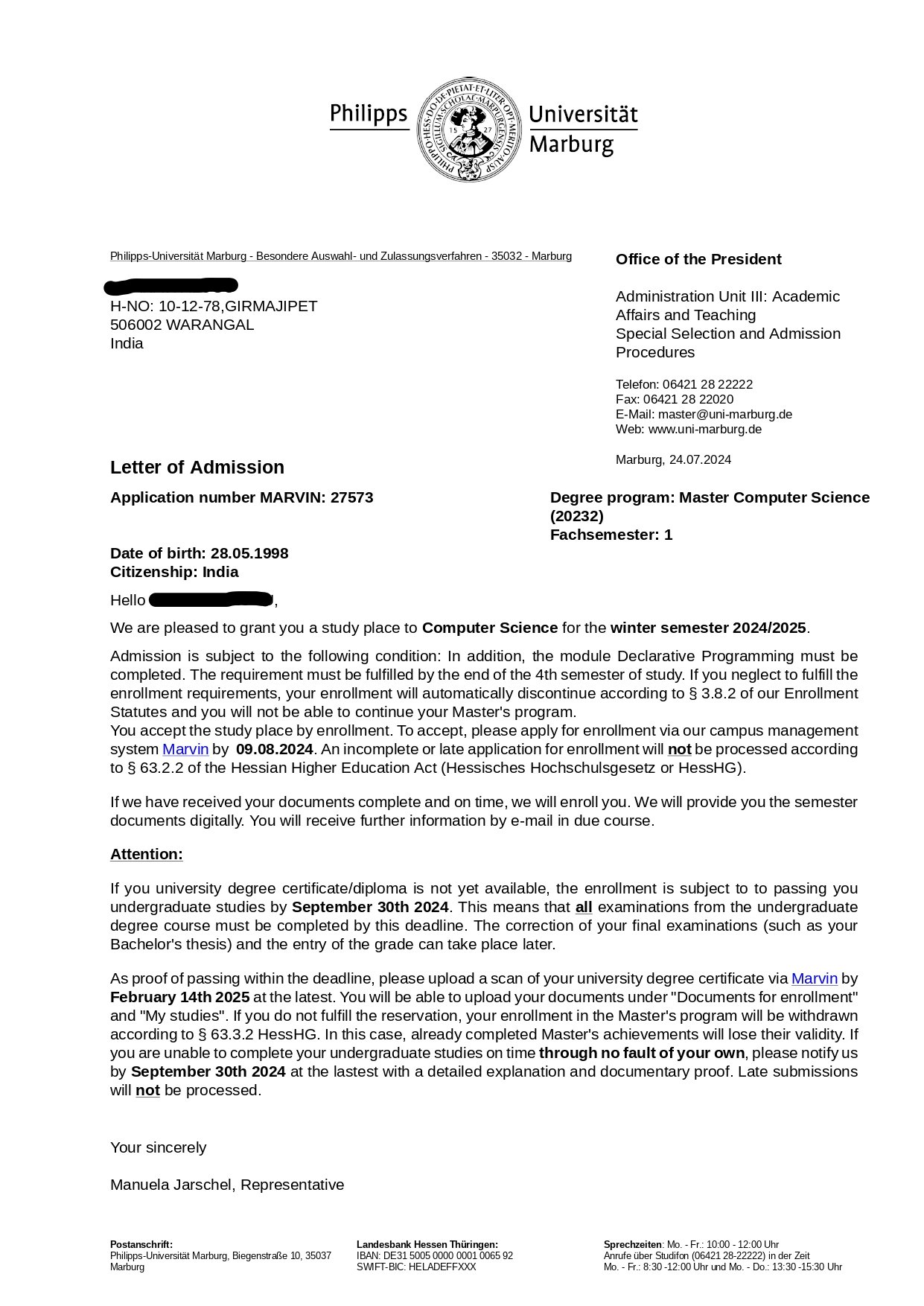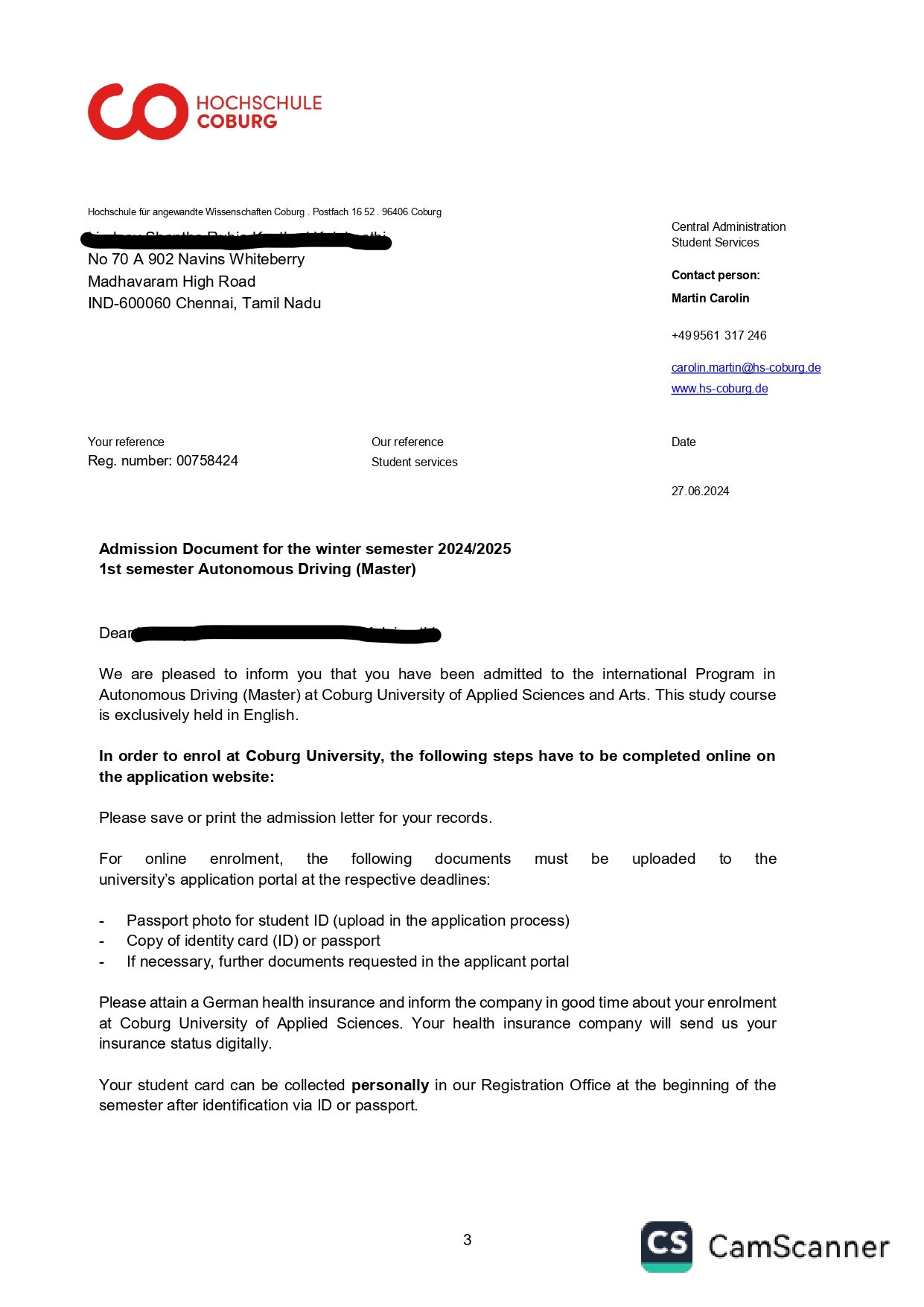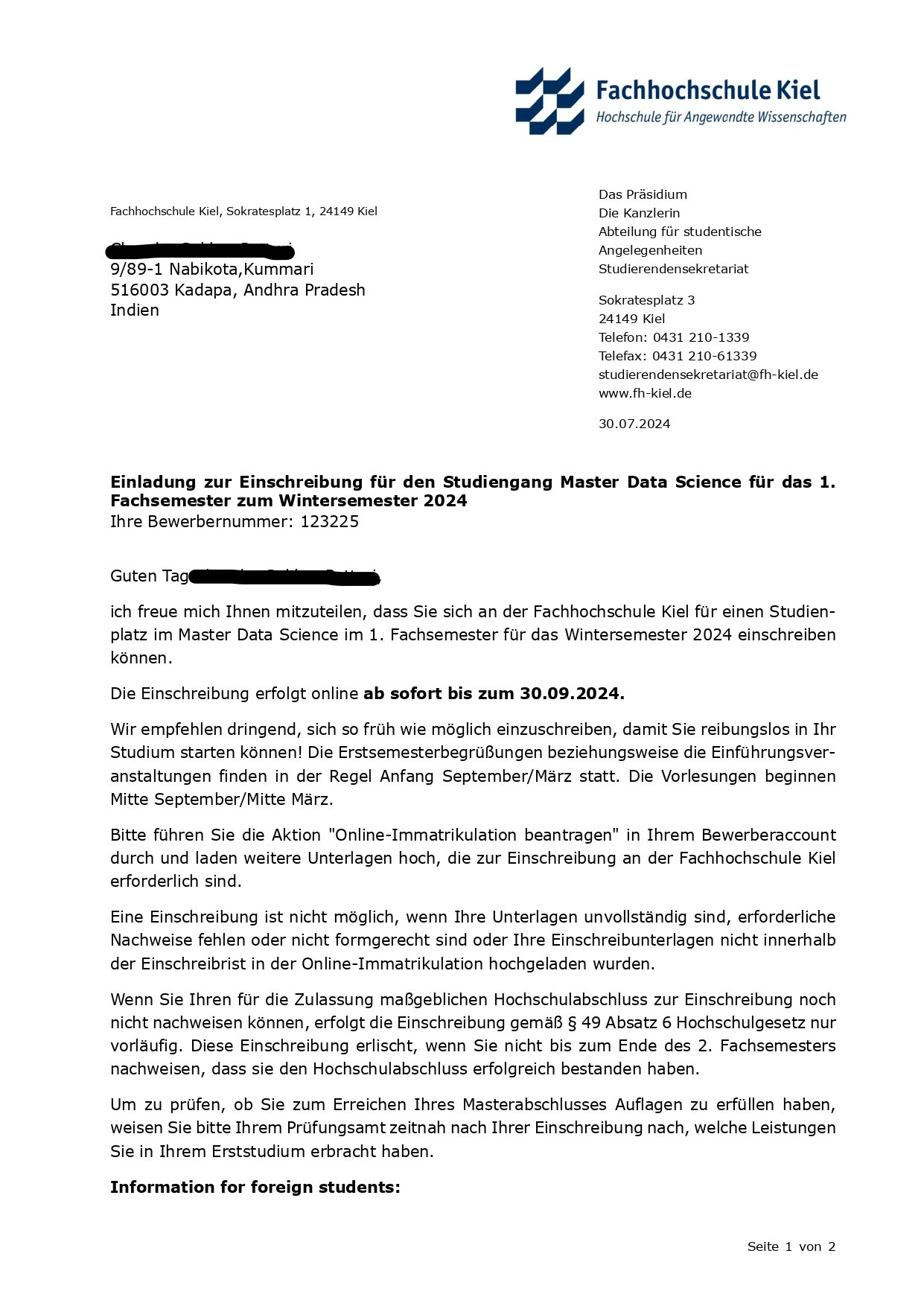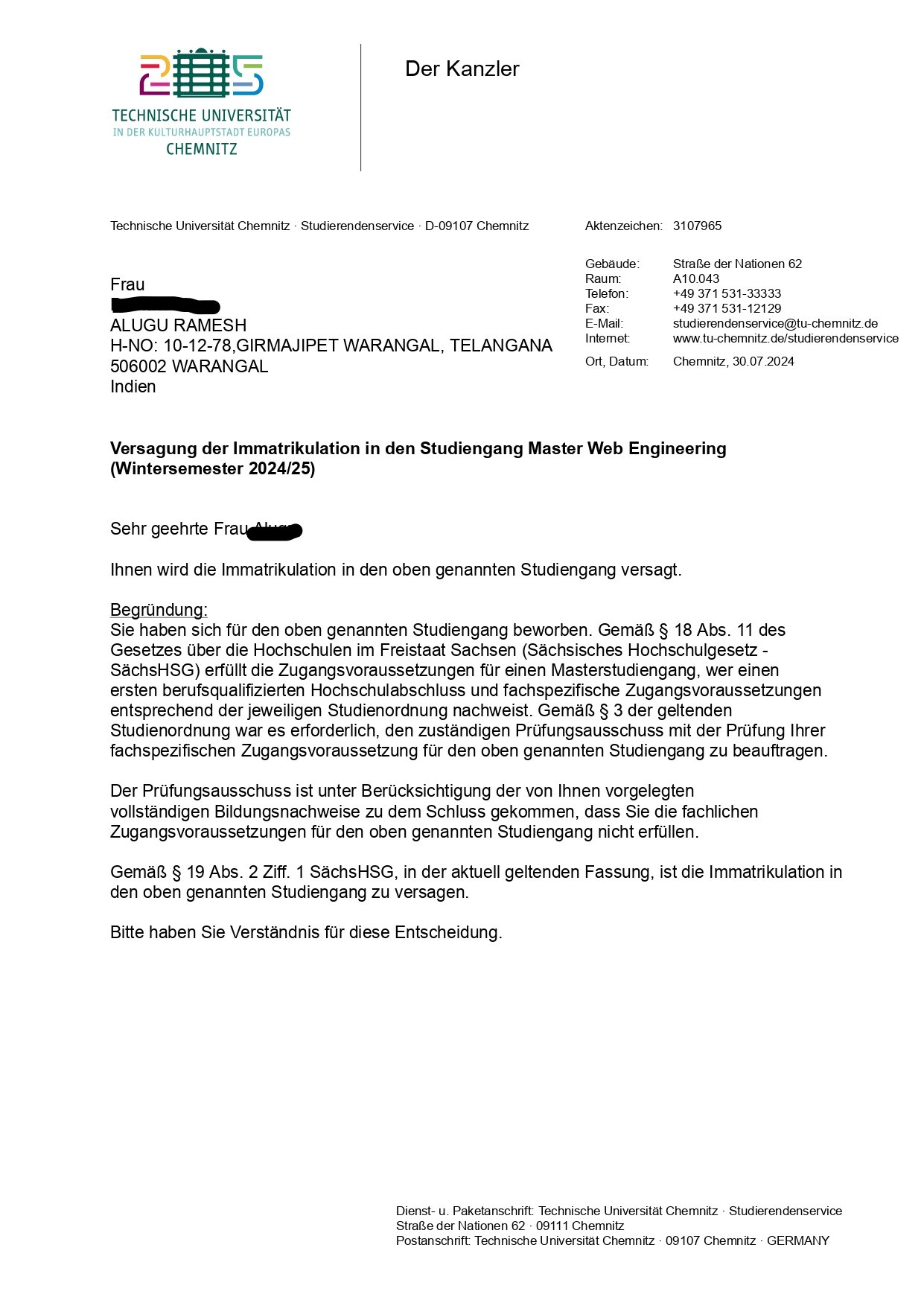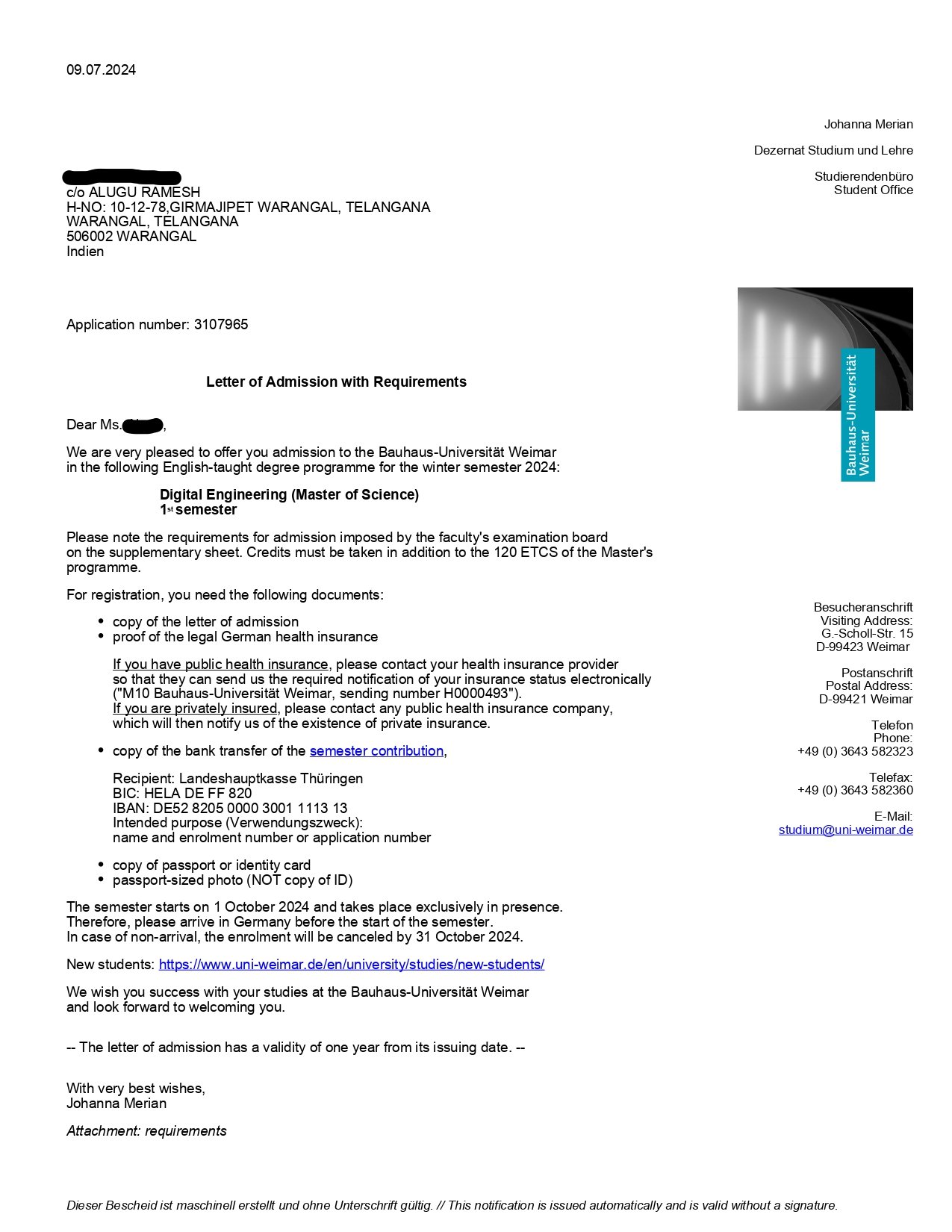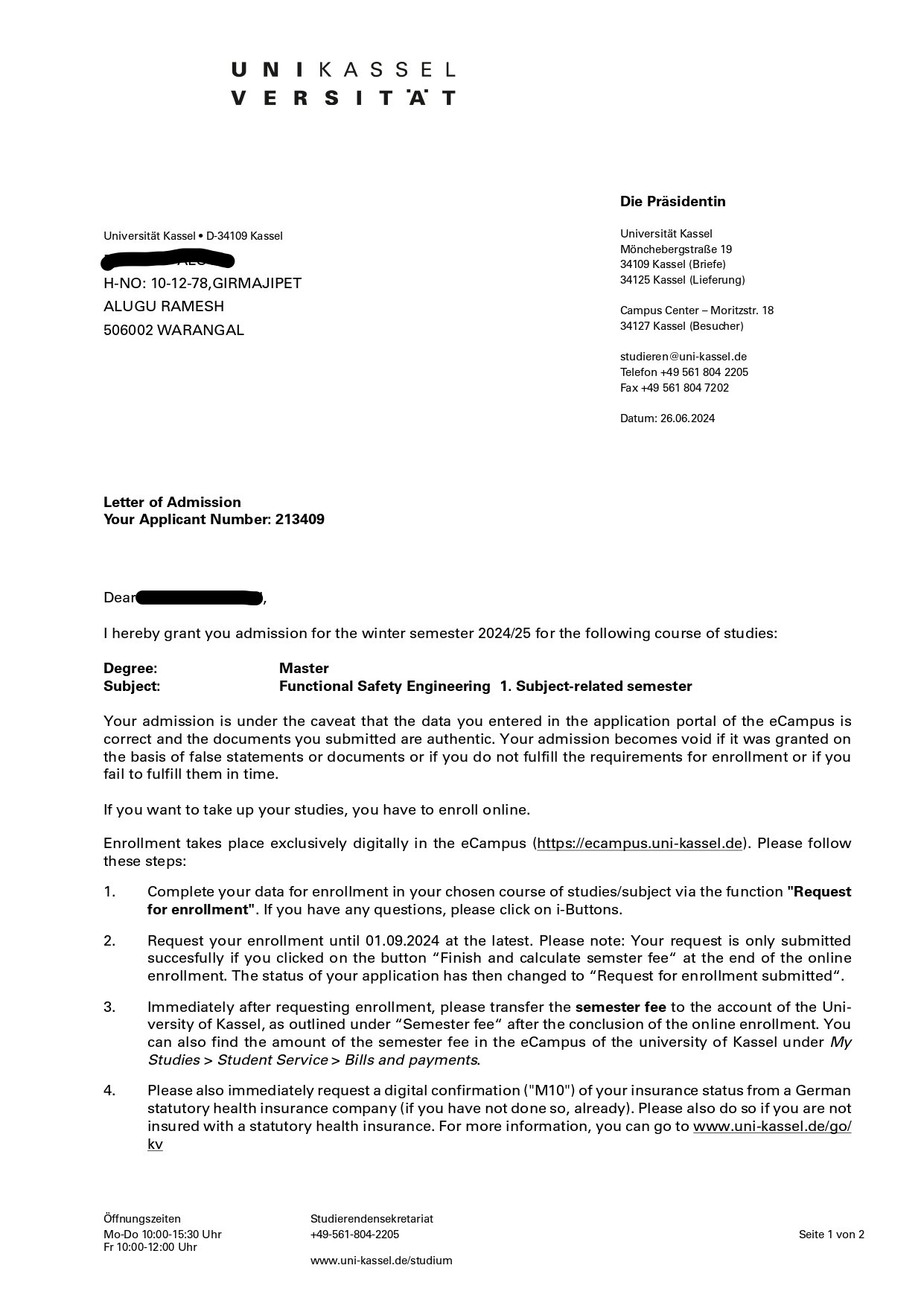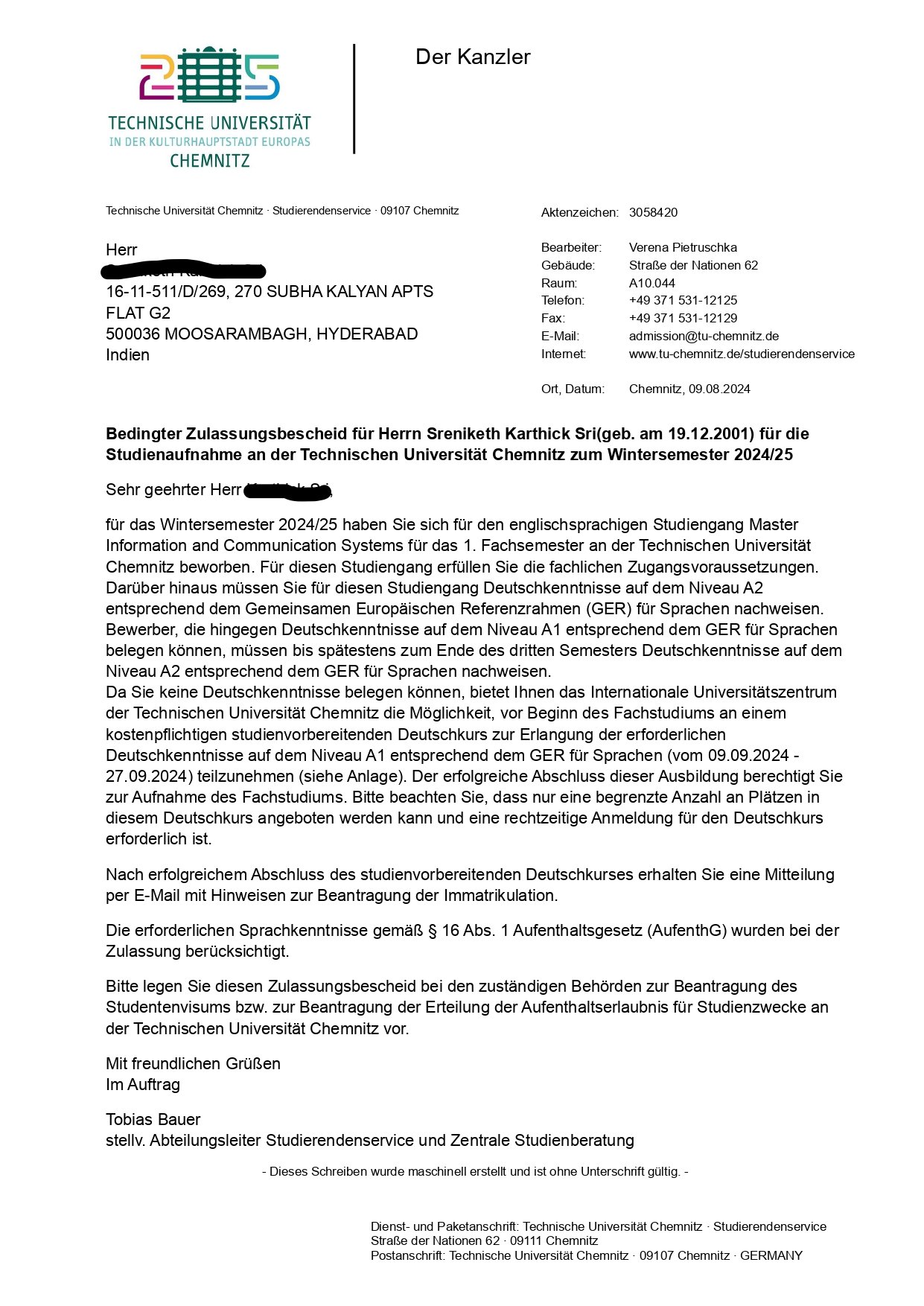Seize Your Success:
Study Master's in Germany -
Where Dreams Meet Opportunity
Are you an undergraduate who envisions himself with a strong career?
Are you dedicated and hard-working, have faith in your capabilities?
Germany offers a wide range of Master’s Programs which are absolutely free.

Our Success Stories
Applications open for Summer 2025
WHY MASTER'S IN GERMANY IS A GOOD OPTION FOR INDIAN STUDENTS?

Pursuing Master's in Germany has many benefits. The list is vast but some of the prominent reasons are:
How should you choose a University for Master's in Germany?
The process of shortlisting and finalizing a university that aligns with your interests and course of study is extremely crucial and should be done with a lot of care and consideration. The following points should be considered before freezing in on a university and course:
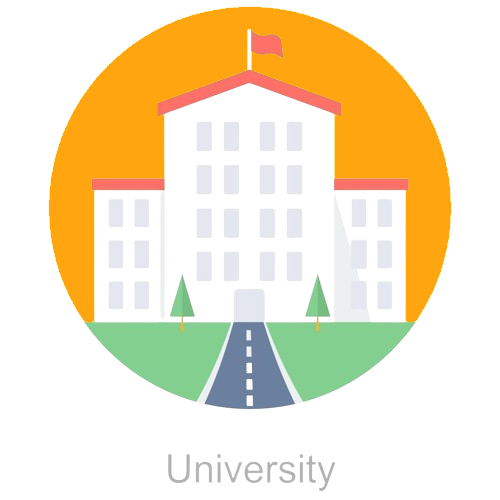
Field of Study and Specialization offered by the University.
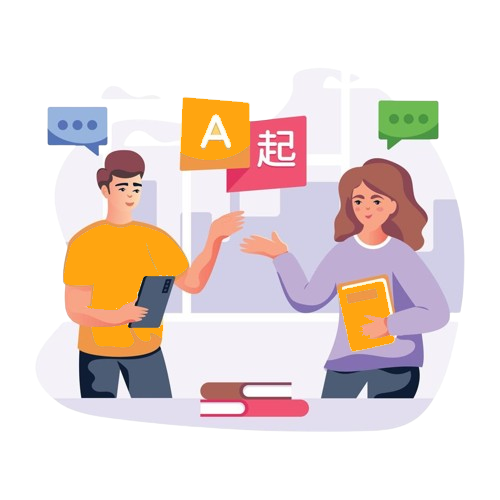
Language of Instruction- English or German or both.

Tuition Fees.

Application Deadline.

Course Details.

Location of the University.

Ranking and Accreditation of the University.

Feasibility of arranging the documents.

International Population of the University.

Support Services like Counseling and career guidance.

Available Scholarships.

Opportunities for Part-time jobs.
Make Your
Mission Possible
with
MissionGermany
How should you Apply to a University in Germany for your Master's?
1). Pre-Application
- Short listing of universities and courses.
- Gathering your documents for submission. Some of the important documents are the APS Certificate, Bachelor’s Degree Certificates & Transcripts, Letters of Motivation, and Letters of Recommendation.
- Language Preparation and certificates.
2). Application
- Keeping track of university deadlines, filling out application forms for shortlisted universities, and submitting documents.
- Documents such as language proficiency, GPA, GRE/GMAT, Letter of Motivation, Letters of Recommendation to be submitted.
- Payment of application fees if applicable.
3). Post-Application
- Regular follow-ups of your applications.
- Applying for Student Visa.
- Arranging funds (through a Blocked Account), Health & Travel Insurance, and accommodation in Germany, post receiving an Acceptance Letter from a University.
Why do you need a Consultant for your Application for Master’s in Germany?
OPPORTUNITIES DON'T HAPPEN, YOU CREATE THEM
JET START YOUR CAREER
ENROLLMENTS FOR MASTER'S IN GERMANY FOR THE SUMMER SEMESTER OF 2025 ARE OPEN NOW.
CALL AND BOOK AN APPOINTMENT FOR A FREE COUNSELLING SESSION.
We offer end-to-end services to make your career possible.
Take the First Step to get your definitive Career Planning Checklist to pursue your Master's in Germany.

What are the consultancy services provided by MissionGermany?
SERVICES IN INDIA

PRELIMINARY ASSESSMENT
- Examination of all academic documents.
- Providing online German Language training sessions (optional).
- Assistance in applying for Goethe Examination dates.
- Providing online IELTS training (optional).
- Assistance with IELTS Examination dates.
- Assistance with the Academic Evaluation Centre (APS).

DOCUMENTATION & APPLICATION SERVICES
- Assessment of student’s profile for university application.
- Shortlisting of courses.
- Shortlisting of Public Universities with application deadlines.
- Shortlisting of Private Universities with application deadlines(Optional).
- Profile-building of student.
- Assistance to student with acquiring necessary documents from their college, university, or place of work.
- Assistance in drafting Letters of Recommendation.
- Assistance in drafting Statement of Purpose, Motivation Letter, CV, etc.
- Sending out applications to shortlisted German Universities.
- Arranging confirmed Admission Letter from the university.

POST-ADMISSION & PRE-DEPARTURE SERVICES
- Booking a Visa Interview slot.
- Guiding with the opening of a Blocked Bank Account in India.
- Guidance and support in Visa documentation and application.
- Assistance with the arrangement of accommodation in Germany.
- Providing Visa Interview training.
- Assistance with the purchase of Travel and Health Insurance in India.
- Providing a “Things to Pack” list to the student before departing for Germany.
- Booking appointment for the City Registration in Germany.
- Pre-departure counseling.
SERVICES IN GERMANY
- Airport pickup from the nearest airport on arrival to Germany (optional).
- Co-ordination for the accommodation on arrival to Germany.
- Signing of Rental Contract.
- Assistance with City Registration with the Foreign Immigration Office (Ausländerbehörde).
- Assistance with the unblocking of the Blocked Account.
- Assistance in acquiring Health Insurance in Germany.
- Assistance with registering with the German University.
- Guidance with accommodation, public transport, internet facilities, and SIM card.
- Local guidance of the city of stay in Germany.
- Assistance in getting part-time jobs.
- Assistance with Visa Extension.

Types of German Universities
German Universities are primarily divided into 3 categories:
1.
Research Universities focus their curriculum on research and offer degree programs in general courses such as medicine, engineering, science, humanities, social sciences, law, and business. These universities are the most prestigious ones and admissions to them could be difficult, due to their high standards.
2.
Universities of Applied Sciences or “Fachhochschulen” are universities that provide a higher level of application-oriented training. They focus more on practical training, to ensure students are job-ready once they pass out of the university. Vocational training in subjects like business, engineering, design, social work, etc. are their key features.
3.
Art, Film & Music Colleges or “Kunst-, Film- und Musikhochschulen” are colleges in Germany that impart training in the creative fields. Their curriculum includes subjects like fashion design, photography, graphic design, music, dance, theatre, painting, visual arts, film-making, etc.
Germany also offers a dual-education system where a student can undergo company training while pursuing the course, to acquire an additional qualification. This helps the student gain practical knowledge along with theoretical, which, in return, enables them to directly apply for a job soon after the course.
Scholarships in Germany
DAAD Scholarships:
- Offered by the German Academic Exchange Service (DAAD).
- Covers tuition, and living expenses, and may include travel grants.
- Highly competitive and available for various fields of study.
University Scholarships:
- Many German universities offer scholarships for Master's students.
- Determined by academic achievements, financial necessity, or particular program prerequisites.
Government Support:
- Government-funded programs like the Deutschland Stipendium provide financial assistance.
- Supports talented students pursuing Master's degrees.
Private Opportunities:
- Private organizations and foundations offer subject-specific scholarships.
- Criteria may include academic achievement and extracurricular activities.
JET START YOUR CAREER
ENROLLMENTS FOR MASTER'S IN GERMANY FOR THE SUMMER SEMESTER OF 2025 ARE OPEN NOW.
CALL AND BOOK AN APPOINTMENT FOR A FREE COUNSELLING SESSION.
We offer end-to-end services to make your career possible.
Take the First Step to get your definitive Career Planning Checklist to pursue your Masters in Germany.

LANGUAGE REQUIREMENTS in germany
Language Proficiency Tests:
Test Scores:
Preparatory Courses:
Student Visas for Germany
Obtaining a student visa is a prerequisite for international students planning to study Master's in Germany. The visa application process involves submitting relevant documents, such as proof of acceptance from a German university, financial statements, and health insurance coverage. Upon arrival, students must apply for a residence permit to legally reside in Germany during their studies.

Student Housing in Germany
Securing suitable accommodation is crucial for international students moving to Germany for Master's in Germany. Universities frequently offer off-campus housing options like dormitories and student apartments. Alternatively, students can look into off-campus housing options, such as shared apartments or private rentals, with the help of housing services provided by universities.
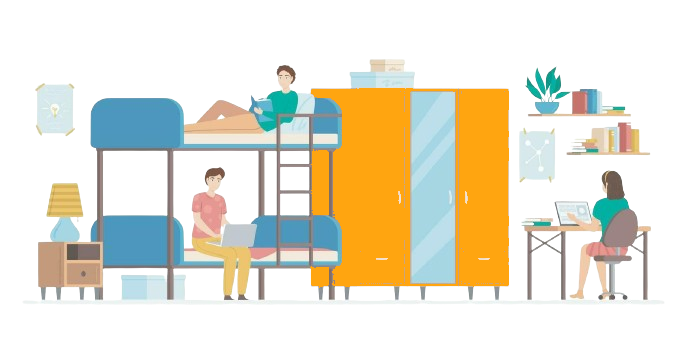
Cost of Living in Germany
Monthly Expenses for Master's in Germany range from €800 to €1,200 covering accommodation, food, transportation, and personal expenses.
The break-up is as follows:

Work and Study Masters in Germany
By leveraging the following opportunities, Master's students can gain valuable work experience and enhance their career prospects in Germany.
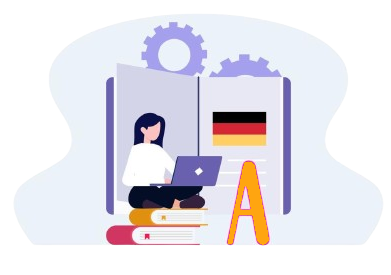
Things to Do for Students (MS) in Germany on a Budget

Germany Immigration Rules
Job Seeker Visa:
Language Course Visa:
Opportunity Card (Launched in June 2024):
Visa for the Self-Employed:
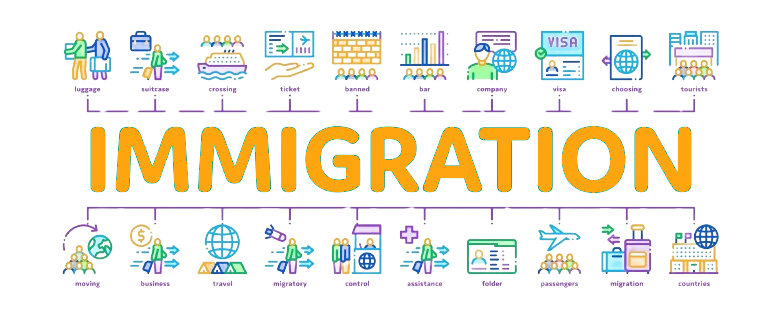
Work/Employment Visa:
IF U CHANGE NOTHING, NOTHING WILL CHANGE
ENROLLMENTS FOR MASTERS IN GERMANY FOR THE SUMMER SEMESTER OF 2025 IS OPEN NOW.
CALL AND BOOK AN APPOINTMENT FOR A FREE COUNSELLING SESSION
Book a FREE Consultation.
Take the First Step to get your definitive Career Planning Checklist to pursue your Master's in Germany.


Frequently Asked Questions (FAQs)
How much does it cost to study Master's in Germany?
A degree course in Germany is mostly free. Almost all Public Universities do not charge a tuition fee. The tuition fee for a Private University could range anywhere from €1,000 to €30,000 per year.
Can I work while studying for a Master's in Germany?
Yes, international students enrolled in Masters Programs in a German University are permitted to work part-time during their studies, typically up to 120 full days or 240 half days every year.
Is Health Insurance necessary for international students studying in Germany?
Yes, Health insurance is required for all students in Germany. International students can choose between Public (statutory) and Private Health Insurance Plans.
Can I apply for Permanent Residency after completing my Master’s in Germany?
Yes, international students have the option of extending their Visa for upto 18 months, post-completion of their studies in Germany. Once they receive a job offer, they are eligible for a Permanent Residency.
What support services are available for international students at German Universities?
German universities offer various support services for international students, such as orientation programs, academic counseling, language courses, counseling services, and assistance with visa and residence permit applications.
Do you have any question?
Feel free to contact us anytime.


